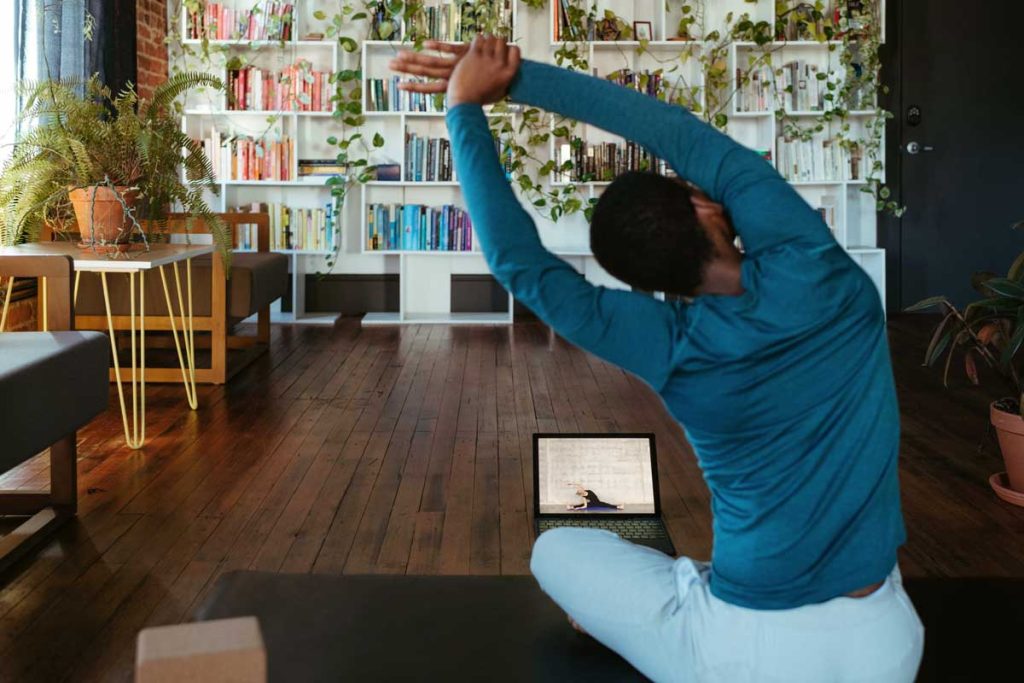It is worrisome to know that about 55 percent of employees who took a day off for mental health reasons reported it as a physical health-related leave to their employer. Although mental health is just as important as physical health, it is often stigmatised, overlooked, and under-reported. Following the pandemic outbreak, however, as mental health issues snowballed into a widespread phenomenon, we are witnessing greater consensus on the need to bring them to the mainstream.
Today, as feelings of isolation continue to grow post-pandemic, more people are becoming aware of the impact their work has on their mental health. Fortunately, just like physical health, mental health can be nurtured and developed. When it comes to the well-being of their employees, companies can take a proactive role without sacrificing productivity – something we discussed in detail in my magazine.
There are many methods and techniques that can be used to promote positive changes, and their effectiveness will vary from person to person. Wellness-centric initiatives such as yoga classes, meditation, counselling, and stress management techniques can all help employees avoid/manage mental health challenges. And I believe the efficacy of such initiatives will have a direct bearing on an organisation’s overall productivity and the bottom line as a result.
Yoga
Organisations offering classes outside of working hours is not a new concept, but many companies have started offering yoga classes lately. Although yoga has a strong spiritual aspect to it, there are also ample physical and psychological benefits. Often done in peaceful, tranquil settings, yoga is well-endorsed by medical professionals for achieving strength, balance, flexibility, heart health, good sleep, and vitality, and relieving back pain, arthritis symptoms, and stress. Along with the social benefits that community-level sessions can bring, yoga is among the best self-help techniques out there that can work wonders for mental health.
Counselling
When faced with a dire situation, or amid an ongoing struggle, it is never a bad idea to seek professional help. This is why some companies are earmarking budgets for employees’ counselling, while others are bringing in professionals for periodic sessions. Although it can be useful to have hotlines available to people in the hour of need, they have limitations in terms of how much they can address the issues at the core.
So, when it comes to getting the right diagnosis, getting personalised care, and improving the outlook, there is no substitute for a trained professional. That said, I believe it’s important to facilitate safe, support systems, which can be the gateway to professional help. We, at EMPWR, are working to build a community platform to specifically meet this need of people in corporate settings.

Meditation
An ancient practice, meditation had remained on the fringes for long. In recent years, however, it has gone mainstream, with numerous studies linking it with good mental health. Lately, with many meditation apps popping up, several companies are providing their employees with free access to sessions.
Similar to yoga, there are several psychological benefits to practising meditation. These include: Gaining a new perspective on stressful situations, building skills to manage your stress, increasing self-awareness, focusing on the present, reducing negative emotions, increasing imagination and creativity, and learning patience and tolerance. Meditation can be done anywhere between five minutes to several hours, making it a convenient form of self-care.
Work-life balance
Self-care and coping strategies are great ways to help you get through your day and difficult patches, but nothing works better than doing what one finds happiness in. The UAE’s shift to a four-and-a-half-day working week, aimed at improving work-life balance, is a commendable move to this effect. By providing workers with more time to spend with their families and loved ones, the UAE seeks to prevent worker burnout and reduce stress.

It is an encouraging sign that the government is taking the initiative to promote a stress-free work culture. When mental health priority is institutionalised, it will lead to an impact that supersedes piecemeal efforts. In fact, this is the rationale behind Wathba, a mental wellbeing program for youth, launched by EMPWR and government-backed Tatweer (Sharjah Capability Development).
While I strongly believe that mental health is finding greater emphasis and companies are recognising that they must be part of the solution, we have a collective obligation to ensure that the consensus leads to positive outcomes. Safe spaces, destigmatised discussions, and empathy-based messaging must therefore be prioritised. With greater participation from both public and private sectors, along with governmental backing, the UAE and the greater Middle East can set exemplary benchmarks in how mental health must be acknowledged, prioritised, and treated.









